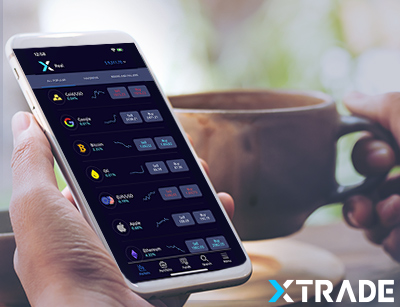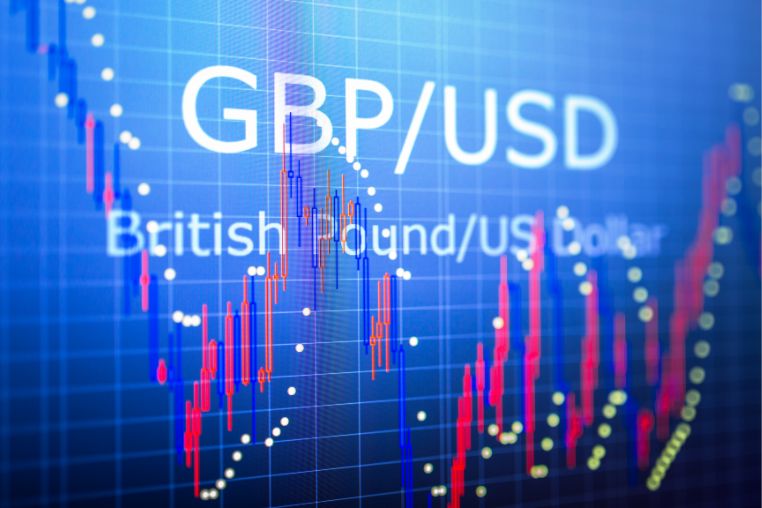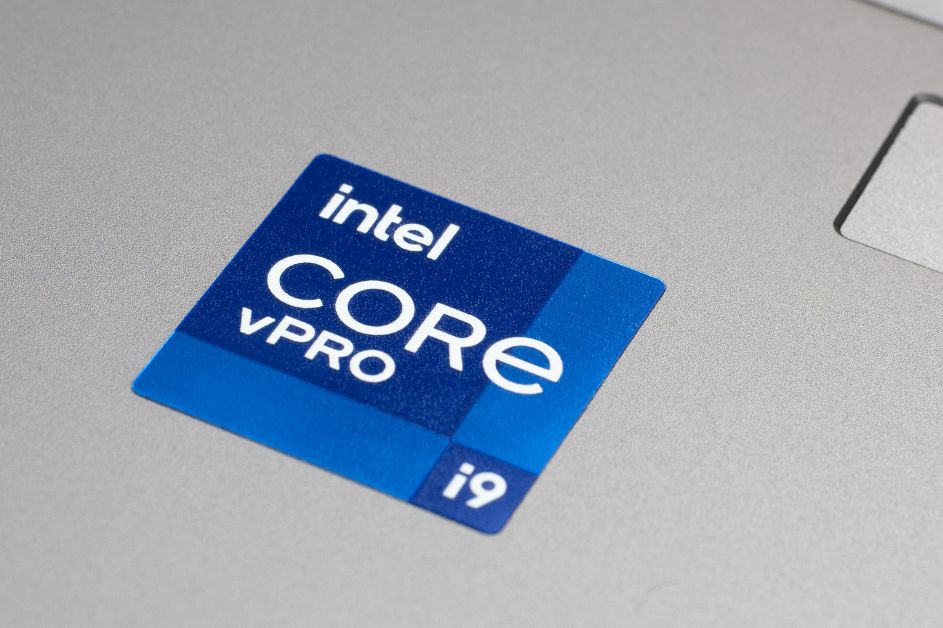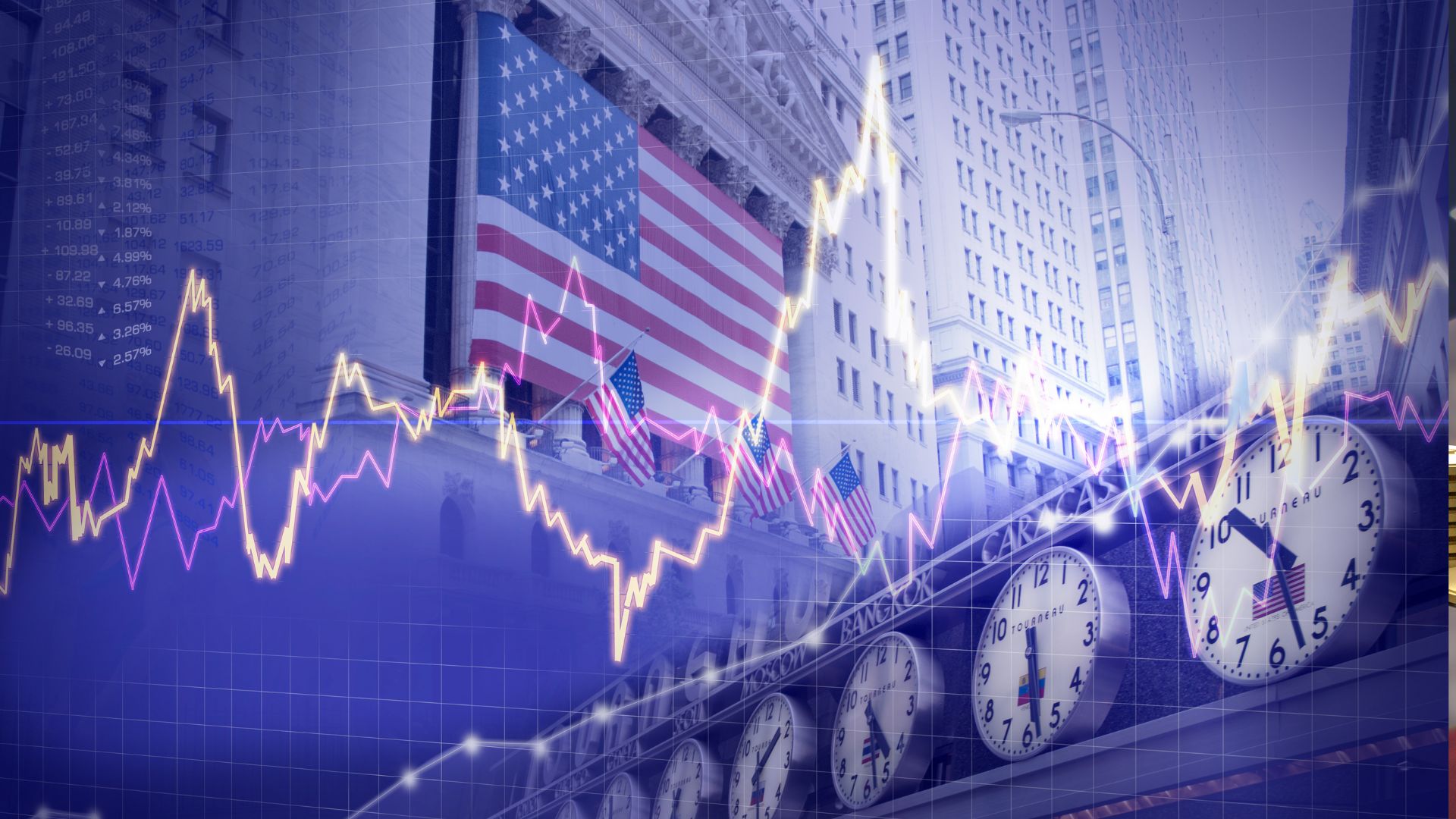Online Trading Accounts – Globalizing Market Opportunities
By Content-mgr - on May 1, 2016The emergence of online trading accounts in the 21st century’s second decade as the definitive marketplace for price determination is a profound development. Global citizenry has taken on a new meaning when the only requirement to participate in the ultimate commercial activity is a browser and an internet connection.Furthermore the nature of markets has evolved as advances in communication and computing technology have facilitated the rise of new trading platforms and modalities.
This article will review the relevant developments in general and how they have affected online trading accounts in the following countries:
- UK trading account
- trading account Australia
- Singapore trading account
- online trading South Africa
- Malaysia trading account
Online Trading Accounts Development
As far back as 1969, with the establishment of the electronic communications networks (ECNs), digital trading systems became a reality for U.S. brokerages to in-house broadcast stock bid and ask prices. Over the following score of years as technology – particularly software – progressed, brokerage firms singularly and in association iteratively refined the process of matching share traders with current price data, thereby increasing the efficiency of of the buy – sell process and introducing dramatic matching up buyers with sellers easily and efficiently and with significant cost savings. Yet, the model and paradigm of client – broker – market principal remained unaltered.
With the dawn of the internet in the mid-1990’s the situation underwent dramatic transformation / democratization as smaller players, both brokers and investors, gained access to and ability to trade on the same information previously available only to market principals. As the technology permeated the marketplace, the number of online brokerages increased from 12 in 1994 to more than 140 by the end of 2000.
In parallel, the better market access for individuals spawned an entirely new career class, day traders, who introduced unprecedented levels of breadth, interest and volatility to the equity markets of the late ’90s, along with an unprecedented dozen-year bull run.
This steady and continual influx of investors into the stock purchases during the 1990s helped to create a very strong bull run (1988 through 2001). The mania pervading the dot com bubble was an additional element in the technology takeover. All this interest and nascent technology and computing power encouraged new paradigms and disruptive processes.
UK trading account
While throughout their 200+ year competition, the New York Stock Exchange was more innovative than its London Stock Exchange (LSE) rival, at the dawn of the 21st century, LSE members began offering over-the-counter online trading accounts for Contracts for Demand (CFD) as a way for hedge funds and institutional traders to cost-effectively hedge their equity-risk exposure in a manner both leveraged and exempt for UK stamp duty tax.
Around 1998, CFDs became available to retail investors, providing all UK trading accounts with similar benefits. Approximately a decade later, as a result of insider information cases, the UK Financial Services Authority (FSA) regulator imposed a CFD general disclosure regime. While CFDs on individual UK shares were the impetus for their creation, other financial asset instruments were also initiated and traded, like those on indices, many global stocks, commodities, bonds, and currencies. CFDs on indices of major exchanges quickly rose in volume to become the most popular.
Trading account Australia
In 2007 exchange-traded CFDs were launched in Australia, under the auspices of the Australian Securities Exchange(ASX). Trade began in the leading 50 Australian stocks, 8 Foreign Exchange pairs, global indices and a few commodities. What started with 12 brokers offering trading withered continuously until ASX cessation in June 2014.
The migration to off-exchange trade arose as proprietary platforms gained sophistication and liquidity, with bid-ask spread shrinking, innovative trading tools, and the increasingly robust internet-enabled features. The typical trading account Australia now features high end trading technology and a variety of asset classes.
Singapore trading account
The online trading experience in Singapore has also improved as the friendly pro-business environment, competitive instincts of the business community, and readiness to adopt new technologies has fostered a competitive non-nonsense trading regime.
“Virtual Singapore”, the online platform in which the unprecedented “Smart Nation” sensor big data is collected and analyzed, is an example of Singapore’s enlightened attitude to online data and cloud processing. The effort is expected to transcend the data silos which have typically limited reach and effect of other similar urban efforts to date.
Among the features found in a typical Singapore trading account are:
- secure trading networks consisting of high end trading technology
- comprehensive brokerage services for a broad range of traders and investors
- instant deposit and withdrawals and outstanding customer service
Online trading South Africa
The online trading South Africa experience has mirrored the country’s political growth and maturation. Though a classic commodity-based currency, the South African Rand (ZAR) (18th most actively traded) still punches above the weight of South Africa’s economy (33rd largest), largely on the strength of the well-developed economy. Traders, largely in Johannesburg and Cape Town have come to expect tight spreads, the newest technologies, top tier liquidity, and first class 24/7-customer support. International, premium service available to retail and commercial clients include No-Dealing-Desk execution, spreads as low as .0 – 1 Pip and with less than 5 ms latency. Because of its long history at the margins of the British Empire, brokers and purveyors of platforms offer an array of tools, news and analysis so that clients can become familiar with the markets
Malaysia trading account
The Malaysian investment community, settled around the Kuala Lumpur Bursa Malaysia Stock Exchange has a well-developed legal structure and culture of trading securities, allowing it to evolve with markets and technologies. As such, online Malaysia trading accounts feature: quality Forex signals throughout the trading day, multiple platforms, innovative vision and technology, live chat support, low spreads, instant execution, no slippage and fast order processing
This summary has described the evolution of online trading accounts both technologically and in five specific countries. A review of the available features shows the effect of globalization in distributing benefits across borders. Restrictions and limitations, at this moment of time when cloud computing and data storage dominate, have become a function of governmental restrictions either explicitly or through sanctions which support local brokerage services.
 First Deposit Bonus
First Deposit BonusFirst Deposit Bonus | Phone Verification | First Trade on us | Account Verification














